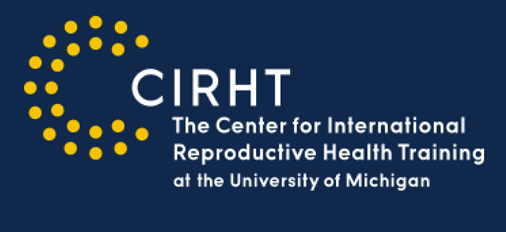Speaker
Description
Background: Adolescents around the world are known to engage in sexual activity, and this proportion tends to rise gradually from the middle to the late stage of adolescence. The occurrence of early sexual initiation among female youth in sub-Saharan Africa was reported at 46.39%. The increasing number of teenage pregnancies in Rwanda indicates that adolescents are not using correctly sexual reproductive health services. Eastern Province of Rwanda alone notes a total of 8474 teenage pregnancies. Despite that these services in Rwanda are available, the question would be to know the reasons these services are not used.
Main objective: To explore knowledge about teenage pregnancy and attitudes towards adolescent sexual reproductive health services utilization among teen mothers between 16 to 19.
Methods: A qualitative descriptive design combined with the theory of reasoned action devised by Conner & Sparks (2005) was used to capture teenagers’ unique points of view about the knowledge, attitude, and utilization of Adolescents Sexual Reproductive Health services. An in-depth interview guide was used to collect data from 25 informants across three districts of the Eastern Province of Rwanda. For analysis, we used traditional content analysis and two views of the theory of reasoned action to define three nodes and subthemes that highlighted specific statements on knowledge, attitude, and utilization of Adolescents Sexual Reproductive Health among teen mothers aged between 16 to 19.
Results: Three major themes emerged from this study including lack of knowledge about teenage pregnancy, unfavorable attitudes toward ASRH service utilization, and perceived negative impact of teenage pregnancy including disrupting education, limiting career opportunities, and posing health risks for both teen mothers and infants.
Conclusion: While all young teen mothers were under pressure from the multitude of impacts brought to them by teenage pregnancy, parenthood, and social responsibilities, limited knowledge and the utilization of the ASRH program were remarkable, proposing contemporary programming is not supplying satisfactory information to adolescents. There is a necessity to enhance understanding of the realities of adolescent pregnancies and offer a versatile program for preventing teen pregnancy among the study population.


